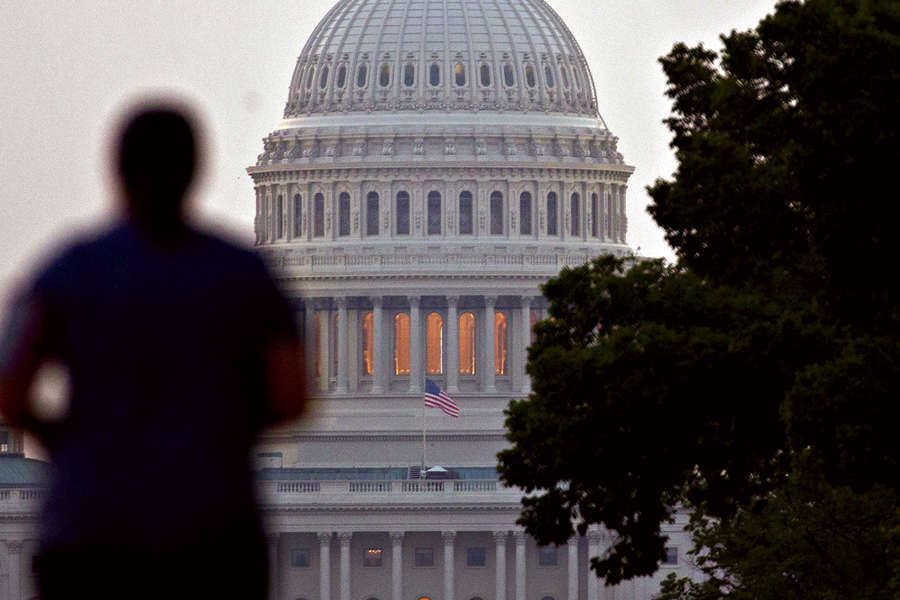House Republicans unveiled a broad outline Tuesday for their next phase of tax code changes, which steered clear of correcting technical mistakes from last year's overhaul.
The so-called Tax Reform 2.0 legislation was seen as a possible vehicle for technical fixes that would address errors in the 2017 bill. Keeping those corrections out of the proposal underscores how GOP leaders are using it as a messaging tool and want to avoid highlighting problems with the law.
The
two-page outline, which seeks to make cuts for individuals and some business owners permanent, was released now so Republicans can use it as a talking point as they head back to their districts at the end of the week for August campaigning, said two Republican aides, who requested anonymity.
Retailers and restaurants have urged Congress to correct a mistake that prevents them from writing off the costs of renovations right away, while lawyers have said they're concerned that sexual harassment victims won't be able to deduct their legal costs as a result of a misplaced word. Those groups may have to wait until after the midterm elections in November, at least, to see some relief.
The proposal, which House Ways and Means Chairman Kevin Brady released to committee members on Tuesday afternoon, proposes changes to retirement savings accounts, including creating a new universal savings account and allowing families to access retirement accounts without penalties when welcoming a new child. The framework also expands the uses for money in
529 education accounts. And it would create special tax breaks for startups.
Mr. Brady, who will hold listening sessions with House Republicans to gather feedback through August, said Monday that the 2.0 package would include the path forward for technical corrections, without providing details.
He told reporters Tuesday that the package will move as three separate bills — permanency, savings and innovation — to allow the House and Senate to set the right timing and gauge the interest on each of area.
While House Speaker Paul Ryan has pledged to vote on the legislation, Senate Majority Leader Mitch McConnell has only said he'll consider it.
Rep. Mike Bishop, R-Mich., said GOP lawmakers have been consistently hearing critiques from constituents that the cuts are permanent for corporations but temporary for individuals
"I won't discount that there are politics involved," Mr. Bishop said.
$600 Billion Cost
Rep. Richard Neal, the top Democrat on the Ways and Means Committee, said the effort is insincere because Republicans aren't proposing any provisions to pay for making the individual cuts permanent. The individual and pass-through taxes were due to sunset in 2026 because GOP lawmakers didn't have other revenue raisers to fund permanent reductions.
"This is never going to see the light of day beyond what the House might or might not do," Mr. Neal said.
Mr. Brady said Tuesday that he expects making the individual and pass-through tax changes permanent would cost "in the ballpark" of $600 billion. He didn't specify any measures to offset that expense.
The tax plan has a slim chance of moving through the Senate, where it would need the support of at least nine Democrats to pass. The 2017 tax law passed without any Democratic votes through a special process called reconciliation.
Technical fixes to the tax law could be included in a year-end package after the midterm elections. Democrats are unlikely to support the changes outright, but could vote for a bill that includes change to the law if it includes some tax priorities they favor.
(More: Tax law: Why changes to the kiddie tax are a 'big deal' for advisers)







